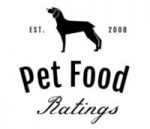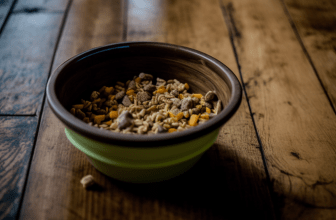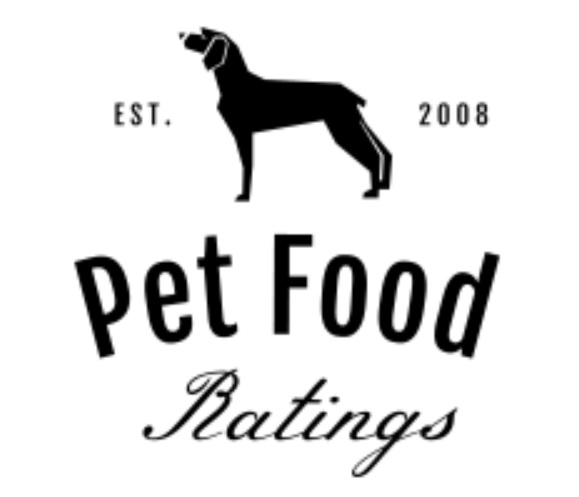Food allergies in dogs (food sensitivities)

Food allergies are something that is difficult to identify unless you are well aware of the baseline information with regard to the type of allergies. The main symptoms of food allergies in dogs include facial itching, limb chewing, belly itching, recurrent ear infections or skin infections.
Since dogs consume lots of prepared food including various kinds of proteins, fillers, coloring agents and more, we have to be careful and observe any specific signs of abnormal behavior. In the commercial food, the incidences of food allergies are more common than you can imagine. Allergic reactions mostly involve the skin or the gastro intestinal tract.
If you notice your dog itching after feeding him specific food materials, then the most likely cause will be the type of food he ingested. In that case, a food allergy is the most probable cause. However, conditions like fungal infections need to be ruled out in general before the conclusion of itching as a sign of food allergy.
There are many recorded incidences of allergies in dogs to corn or to wheat. However, the food allergies vary from dog to dog. Clearly read the labels before feeding your dogs with pet food with known food allergies. Another major cause of food allergies in dogs is too much food coloring in his feed. Food coloring should be avoided since they may cause allergies with your dog.
Food allergies are often linked to hyper active behavior noticed in the dogs. Added colors, preservatives, and high fat diets might cause such food allergies in dogs. Therefore, careful attention needs to be in place in providing new kinds of diets to your dogs with closely monitored signs of any type allergies.
There are many occasions that food allergies might be diagnosed in dogs but the main issue might be other problems like pancreatitis. To rule out the food allergies, closely monitor your dogs every time you feed them, look for reasons or signs to link the specific type of food he ingested with specific allergic reaction.
Below you will find a list of signs of ill health if your dog continues abnormal behavior after you have ruled out that food allergies are not the cause.
- If your dog vomits one or two times occasionally, this may not be taken as a serious sign of ill health but if continued vomiting occurs, then this is something significant to be looked into and you should consult your local veterinarian as soon as possible.
- If your dog has continuous itching, then you need to closely examine the skin by separating his hair especially in case of long haired breeds. You may come across ticks or lice on his skin, which can look completely normal from a distance.
- If your dog passes loose stool for one or two times a day, then this can be completely normal but if there is continuous passing of loose stool, then your dog can be suffering from bowel disorders.
- If your dog is limping, then carefully observe his walking movements to rule out any abnormal activity in him, if not then your dog might have foot lesions. More specifically in older dogs, if he is reluctant in walking and is feeding less than normal with repeated vomiting, then acute renal disorders like nephritis needs to be ruled out.
- If you notice that your dog’s eyes are more white than normal, then corneal opacity diseases like trypanasomosis might be the cause. More specifically, if your dog becomes anemic then the mucous membrane in the eyes becomes paler and in severe cases may have a wall white colo
Of course these are just some common types of illnesses, careful attention has to be paid at all times and regular visits to your local pet veterinarian are extremely important to ensure your pet lives a healthy and happy life.




